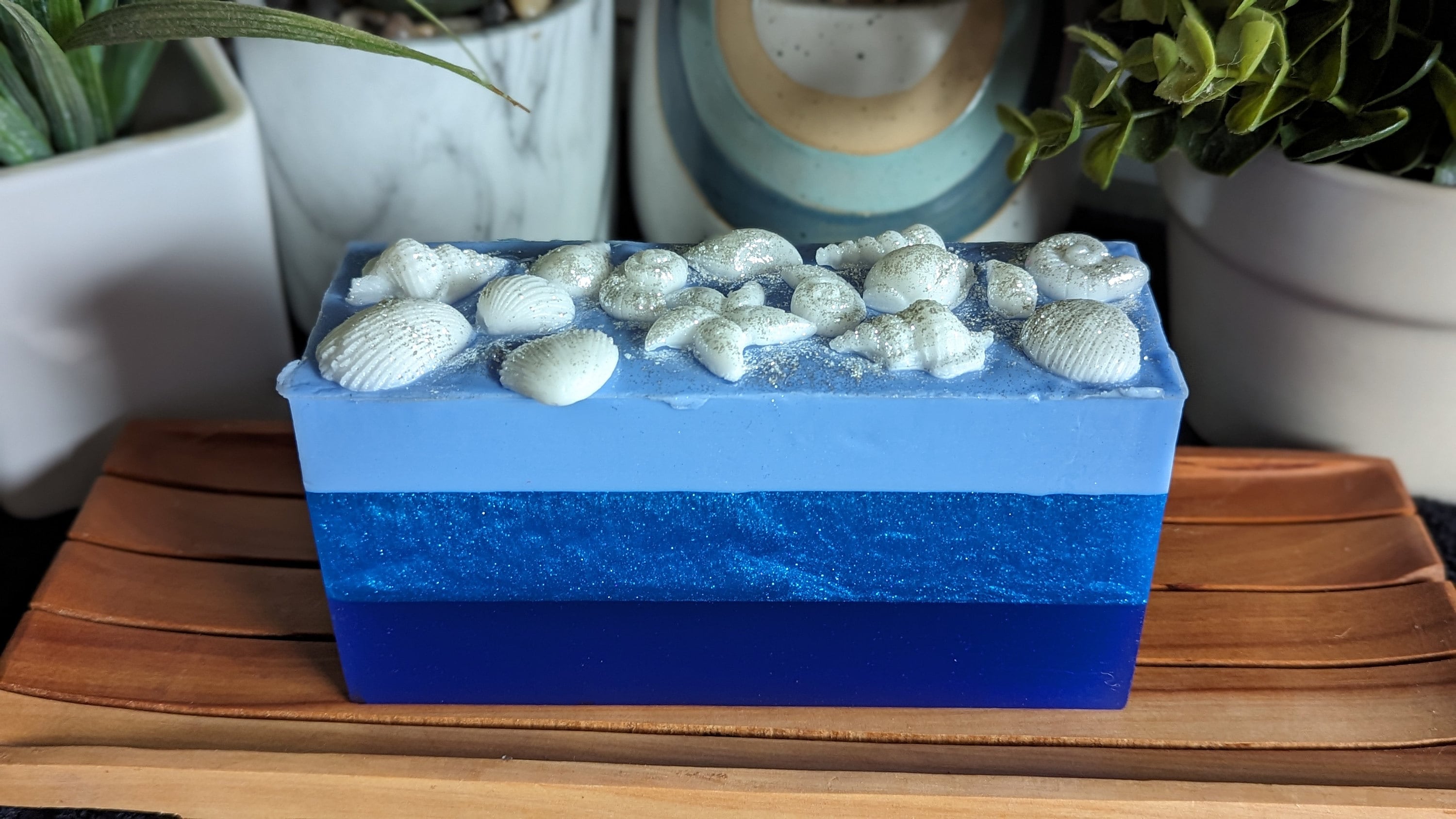We all use soap, some of us use soap bars, others prefer liquid or gel style soaps. But do you know how the soap you use today was invented? First let's look at what soap is....
What is Soap?
Dictionary definition of soap is a substance used with water for washing and cleaning, made of a compound of natural oils or fat with sodium hydroxide or another strong alkali, and typically having perfume and colouring added.
The First Soap Bars
The very first soap might well have been discovered by accident. It was made of tallow (animal fat) and wood ash – and it’s easy to imagine how the two substances could have come into contact when food was cooked over open fires. But the earliest recorded evidence of soap comes from ancient Babylon. Clay cylinders were found inscribed with instructions on how to make soap, probably dating back to around 2800 BC. But it’s unlikely that the Babylonians were bathing with it, historians think this early form of soap was used to wash textiles and laundry.
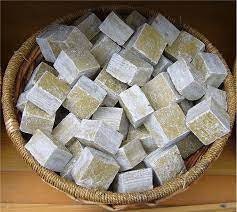
The Egyptians
Skip forward a thousand years or so and the ancient Egyptians were also producing soap, papyrus from around 1500 BC shows that it was made from a combination of fats and alkaline salts. It is thought, however, that this soap was used for medicinal purposes, such as treating wounds, rather than everyday bathing.
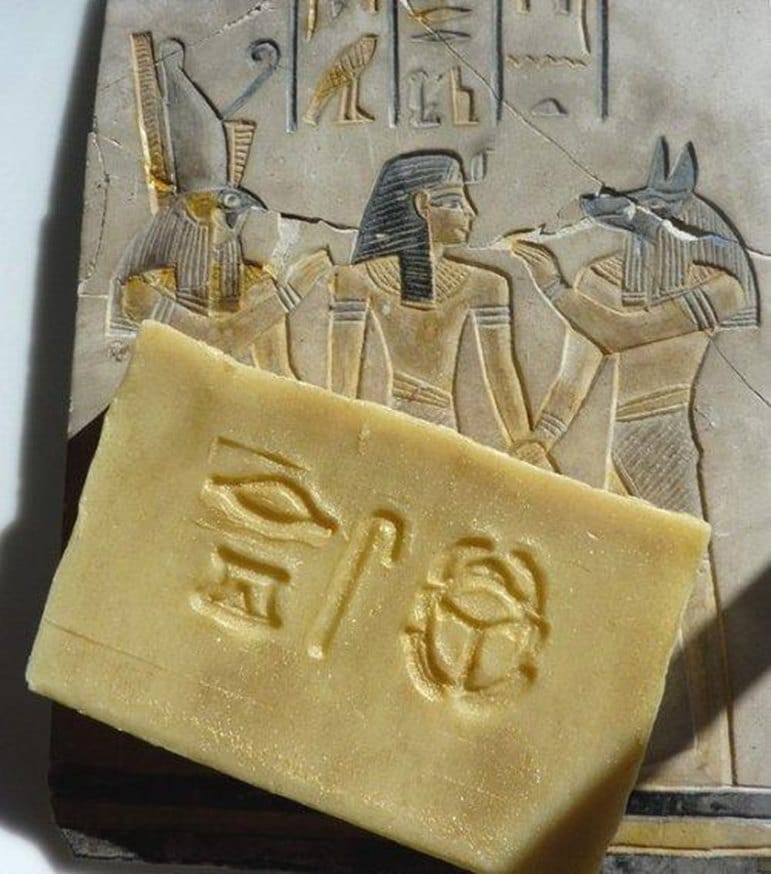
The Greeks and Romans
If the ancient Babylonians and the ancient Egyptians weren’t bathing with soap, surely the Ancient Greeks and Ancient Romans were? Those people loved fancy baths, after all. It’s thought that soap, or a variation of it, was made in ancient Greece and Rome, but again, it was used for washing clothes (or colouring hair!). Bath-time in these ancient civilisations usually involved slathering on oil, then scraping it away with a reed or metal implement called a strigil.
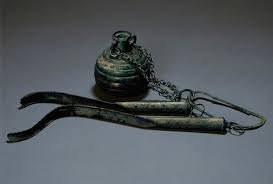
The Middle Ages
The Middles Ages have something of a grubby reputation, but it was during this time that soap became a must-have among the European privileged. It’s believed that crusaders returned from their trips bringing Aleppo soap, an olive and laurel oil-based product from Syria. Throughout the Islamic Golden Age, Middle Eastern soap-makers experimented with vegetable fats, especially olive oil, to make a more solid formula that might have been the first vegan soap bar. Imported soap became fashionable amongst the upper middle classes, but it’s thought that less wealthy people made their own, functional, and gloopy version of soap at home.
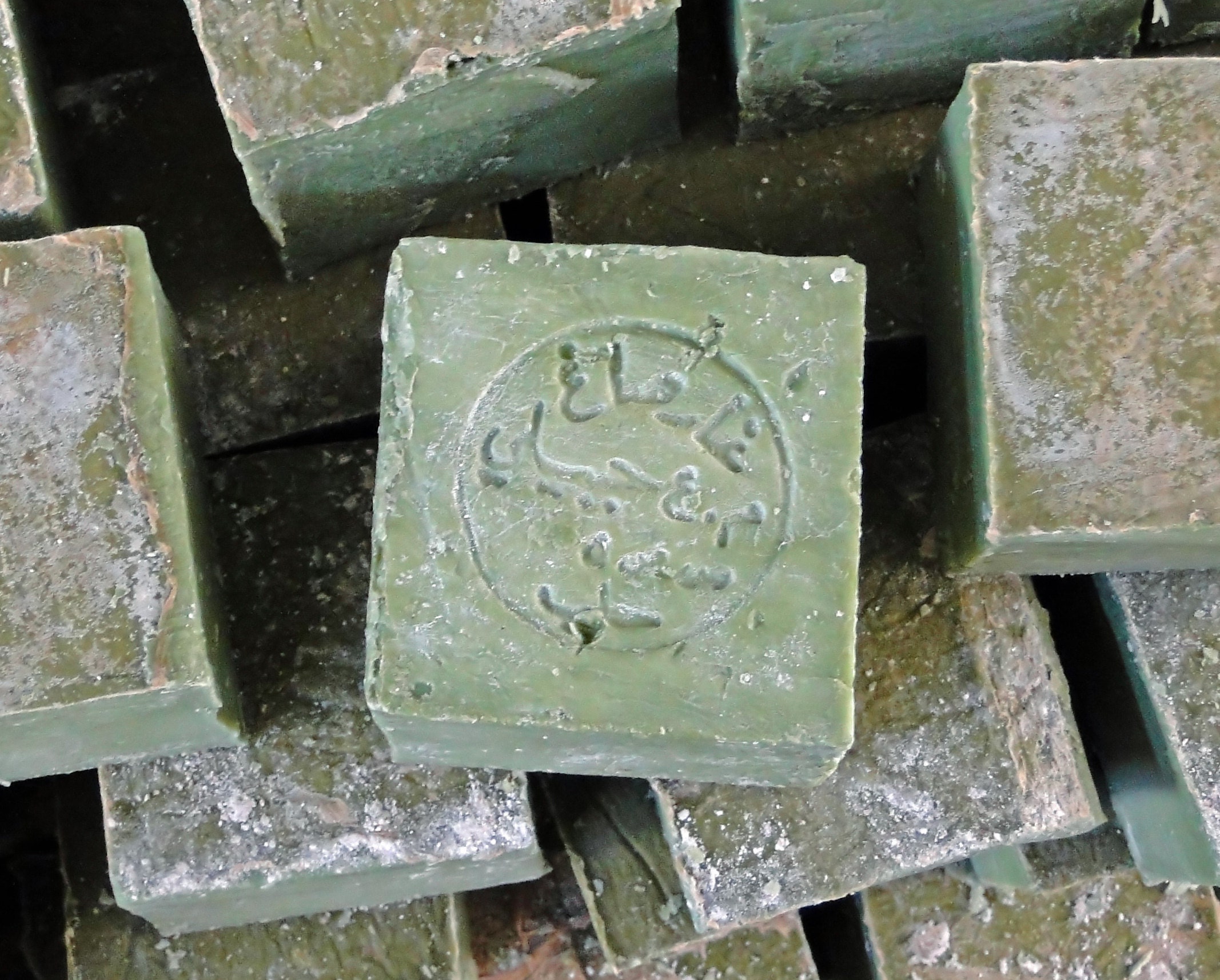
A Tax On Soap
In 1712, England imposed a tax on soap, making it a luxury item. The price of even the most basic soap tripled, meaning it was no longer accessible to most people. And the soap-making industry was heavily regulated: manufacturing equipment had to be locked away when not in use, and those boiling soap had to produce a minimum of one imperial ton every time they boiled.Many soap-makers were forced to move overseas to places like Ireland, where soap tax didn’t exist. The tax lasted a shocking 141 years, during which time soap smuggling became commonplace as people sought to avoid the tax. It was only repealed in 1853.
The Industrial Revolution
The Industrial Revolution in the 18th century brought significant advancements in soap production. The invention of the soap press by Nicholas LeBlanc and the discovery of the chemical process to make soda ash by Nicolas LeBlanc and later the process to make caustic soda by Humphry Davy revolutionised soap production.
Modern Soap Production
The 19th century witnessed the emergence of modern soap brands like Pears Soap and Lever Brothers (now Unilever). These companies played a crucial role in popularising soap as an essential household item. They introduced mass production techniques and innovative marketing strategies.
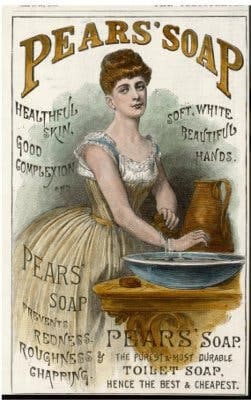
Why are Soap Bars so Popular?
One of the main reasons soap bars are becoming more popular is its eco credentials. As more of us care about our plastic consumption and the effect it has on the planet, soap offers a convenient way to wash without the waste. As we continue to prioritise sustainability and environmental responsibility, the story of soap is far from over, and it will undoubtedly continue to evolve in the years to come.
Conclusion
I think there is something very special about soap, it’s been around for thousands of years, offers effective cleaning, is reliable, convenient, and versatile. A fresh bar of soap, especially a handcrafted artisan soap bar, is a thing of beauty, just unwrapping and inhaling the scent is a treat.
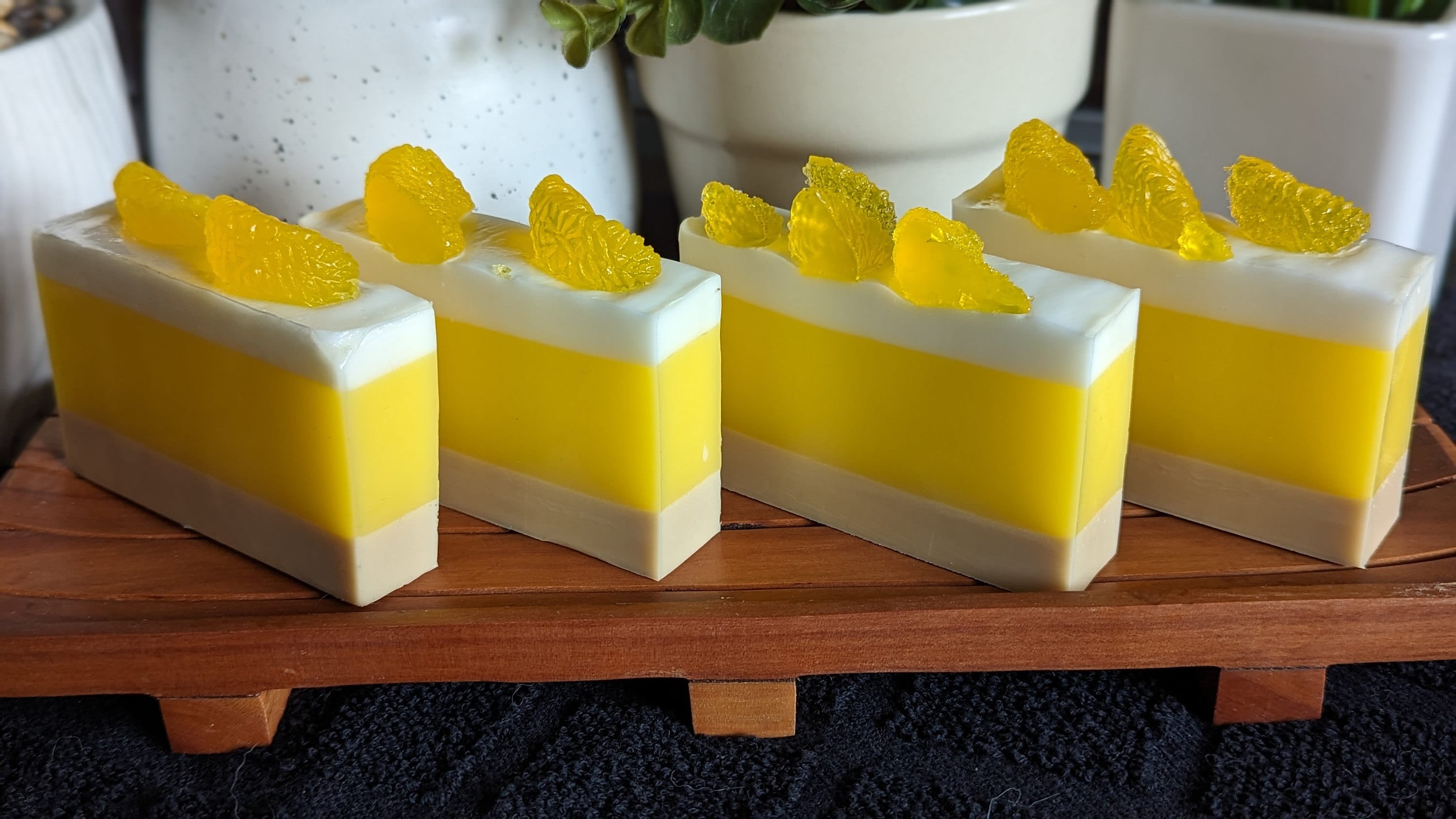
Give soap bars a try and remind yourself why they have been going for approximately 5000 years!
